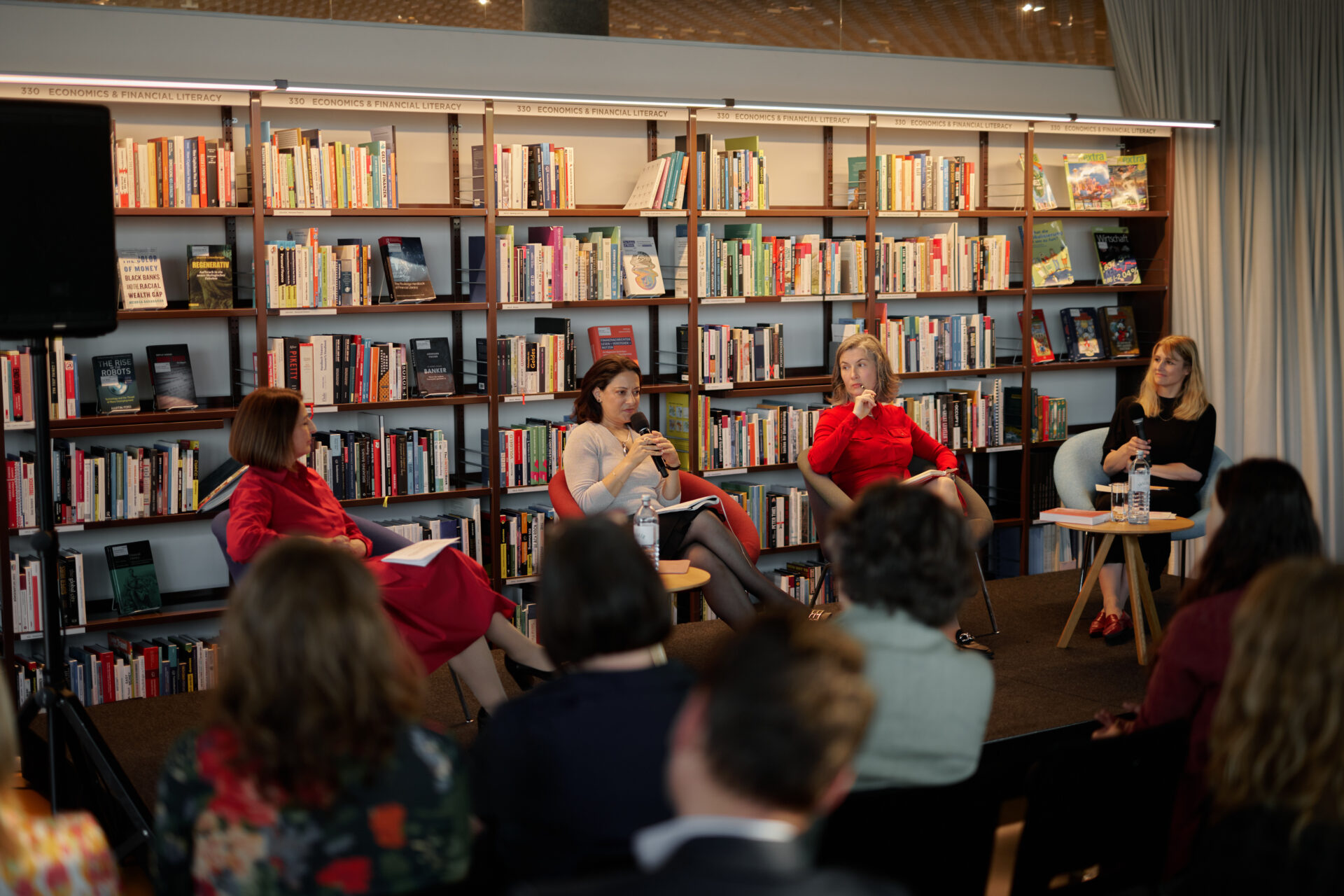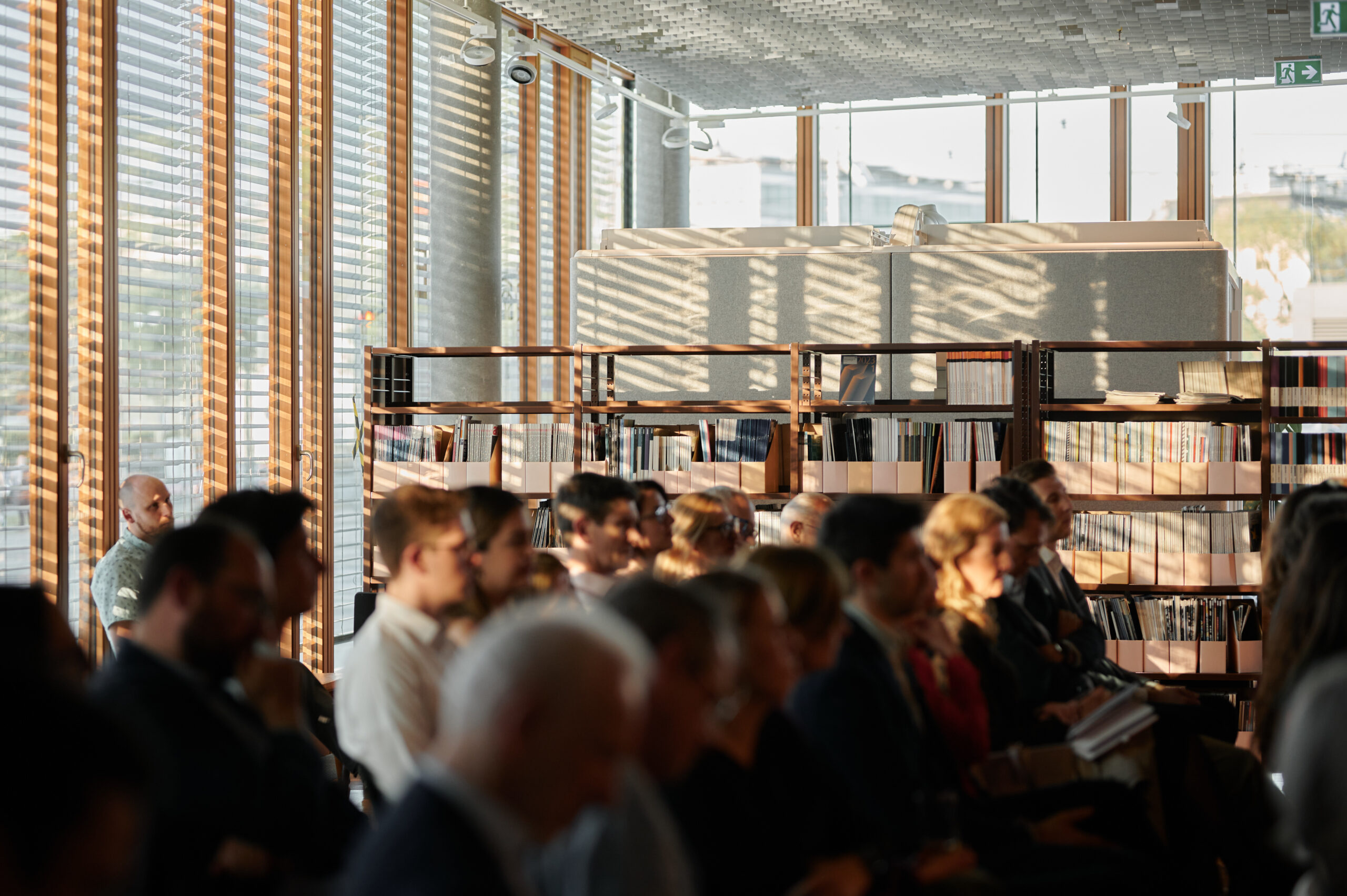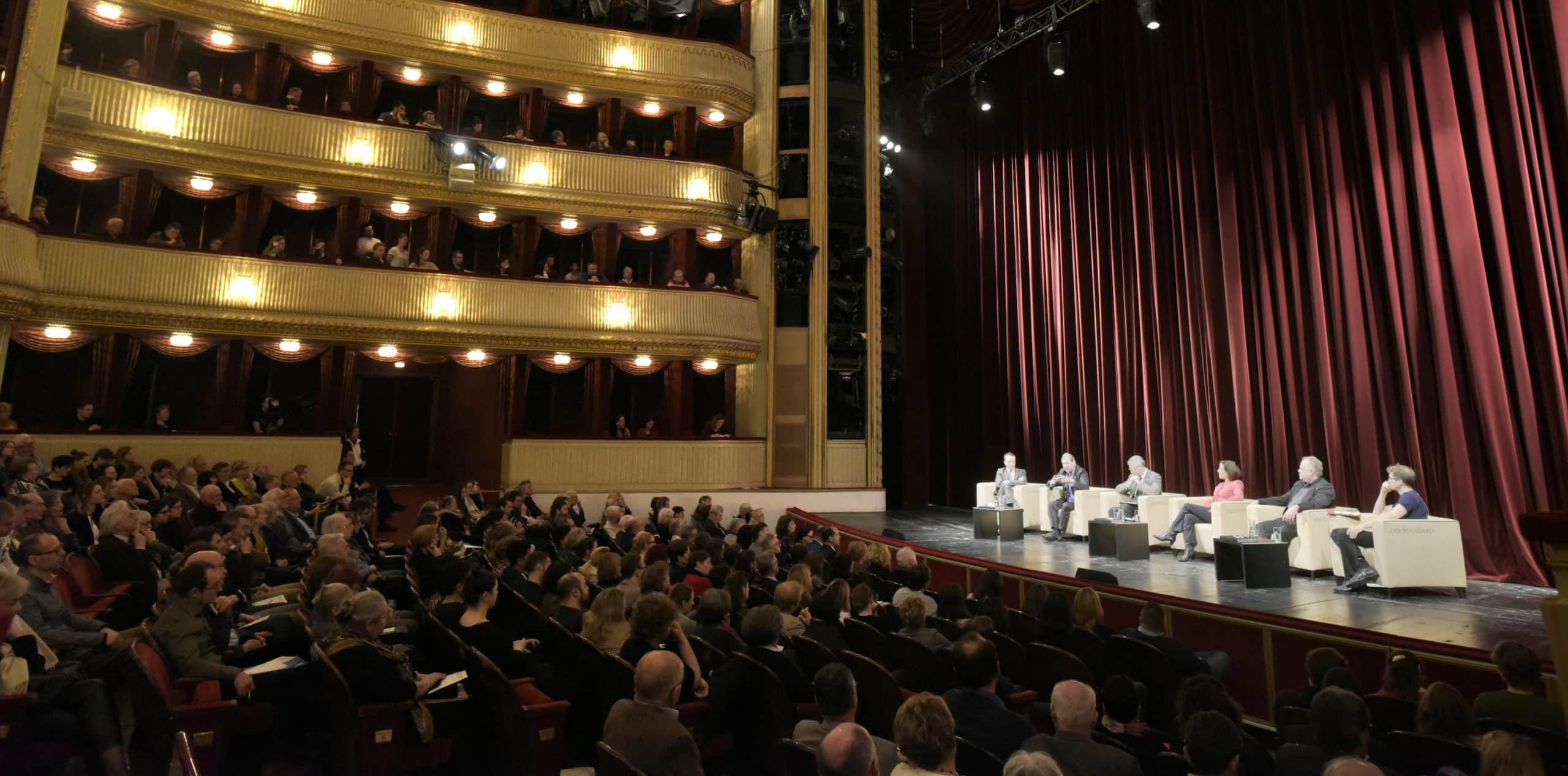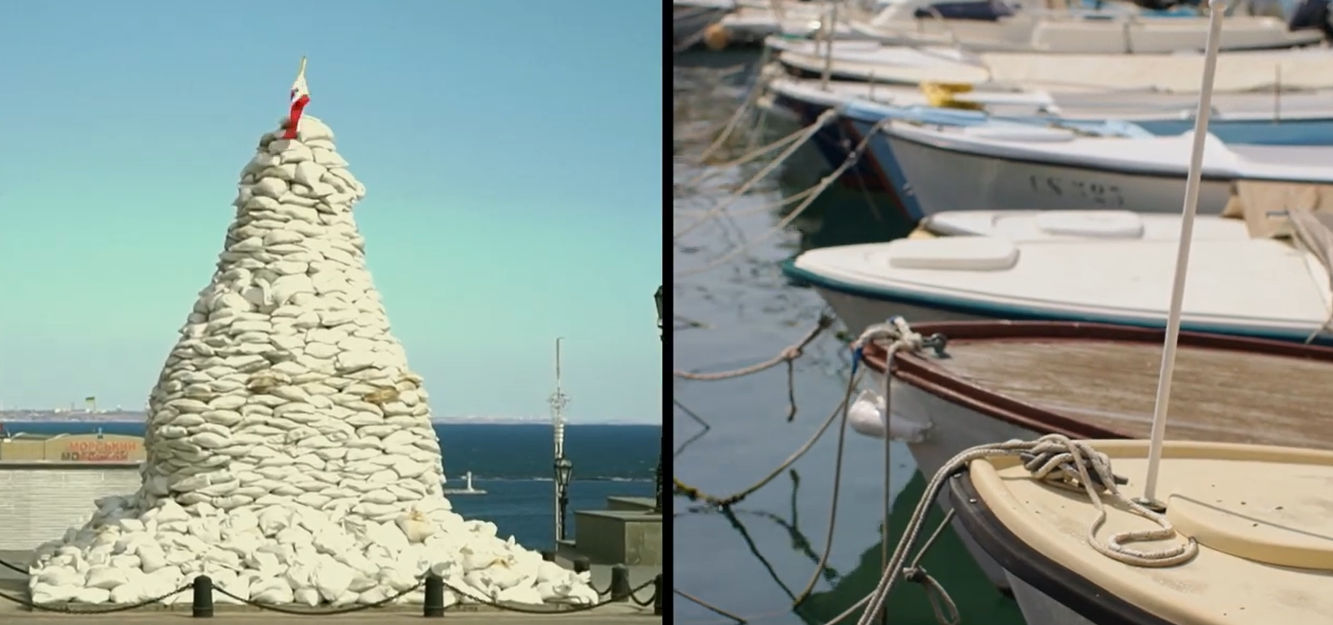Journal
8 May 2025
Reading Time: 3'

When Democracies Falter: Urgent Lessons from Central and Eastern Europe
The presidential elections in Romania have reignited fears that yet another European democracy may be edging towards authoritarian drift. George Simion, leader of the ultranationalist far-right party, is projected to have a very comfortable lead with 40.5% of the vote. What was once considered a relatively stable democratic system now appears disturbingly fragile, overturned by an alliance which started as an anti-vax movement during the pandemic.
At a panel event at ERSTE Foundation on 29 April, three leading thinkers from Central and Eastern Europe reflected on this worrying trend and shared lessons learnt from their own national contexts. Oana Popescu-Zamfir, Director of the GlobalFocus Center in Bucharest, delivered a particularly urgent message: democratic decline can come swiftly, and often quietly. Her warning described how public trust and institutional resilience can be overturned with startling speed, something which the election results have borne out.
Her argument cut to the heart of why populism takes root: not merely because of charismatic leaders or polarising narratives, but because people increasingly feel their voices no longer matter. In such a climate, the hollow forms of democracy remain—elections, parties, parliaments but the substance too easily erodes. As Popescu-Zamfir stressed, democracy is not just the ability to choose, but the capacity to make informed choices. Without trust, transparency, and access to reliable information, that capacity is lost.
Hungary and Poland offer parallel cautionary tales. In Hungary, Zsuzsanna Szelényi of the CEU Democracy Institute Leadership Academy described how Viktor Orbán’s government, after 15 years in power, is showing signs of further radicalisation. Economic stagnation, international realignment, and the emergence of credible political challengers are all contributing to a hardening of illiberal strategies.
Meanwhile in Poland, Karolina Wigura of the Kultura Liberalna noted that the country’s recent liberal shift may prove temporary, a mere liberal intermezzo. With presidential vetoes blocking government reform, and leaving election results to be potentially validated by unlawfully appointed judges, the upcoming elections will determine whether Poland’s democratic renewal is real or fleeting. The deeper question, she observed, is not about returning to a pre-populist status quo but about building back something stronger and more resilient.
What emerged from the discussion was not despair but resolve and a growing clarity about what is required to defend and revitalise democracy. Civic engagement, both online and on the ground, remains essential. So too does strategic communication, especially in the face of disinformation and fatigue. There is a need to remain and stay resolute—both within the country and in office in order to have greater influence.
But perhaps most crucial is the need to rebuild trust across generations and institutions. These are not just national struggles, they are shared democratic challenges. And as each of the speakers reminded us, they demand vigilance, creativity, and collective courage.
Democracy rarely disappears in one dramatic moment. It frays, fades, and fragments, unless we act.
The event was part of a series of discussions that are taking place following the publication of the book »Lessons from Europe« with the aim of promoting mutual understanding between Eastern and Western Europe. Make sure you are signed up to our newsletter to stay informed about future events in this series.
Header image: ERSTE Foundation/Valerie Maltseva



